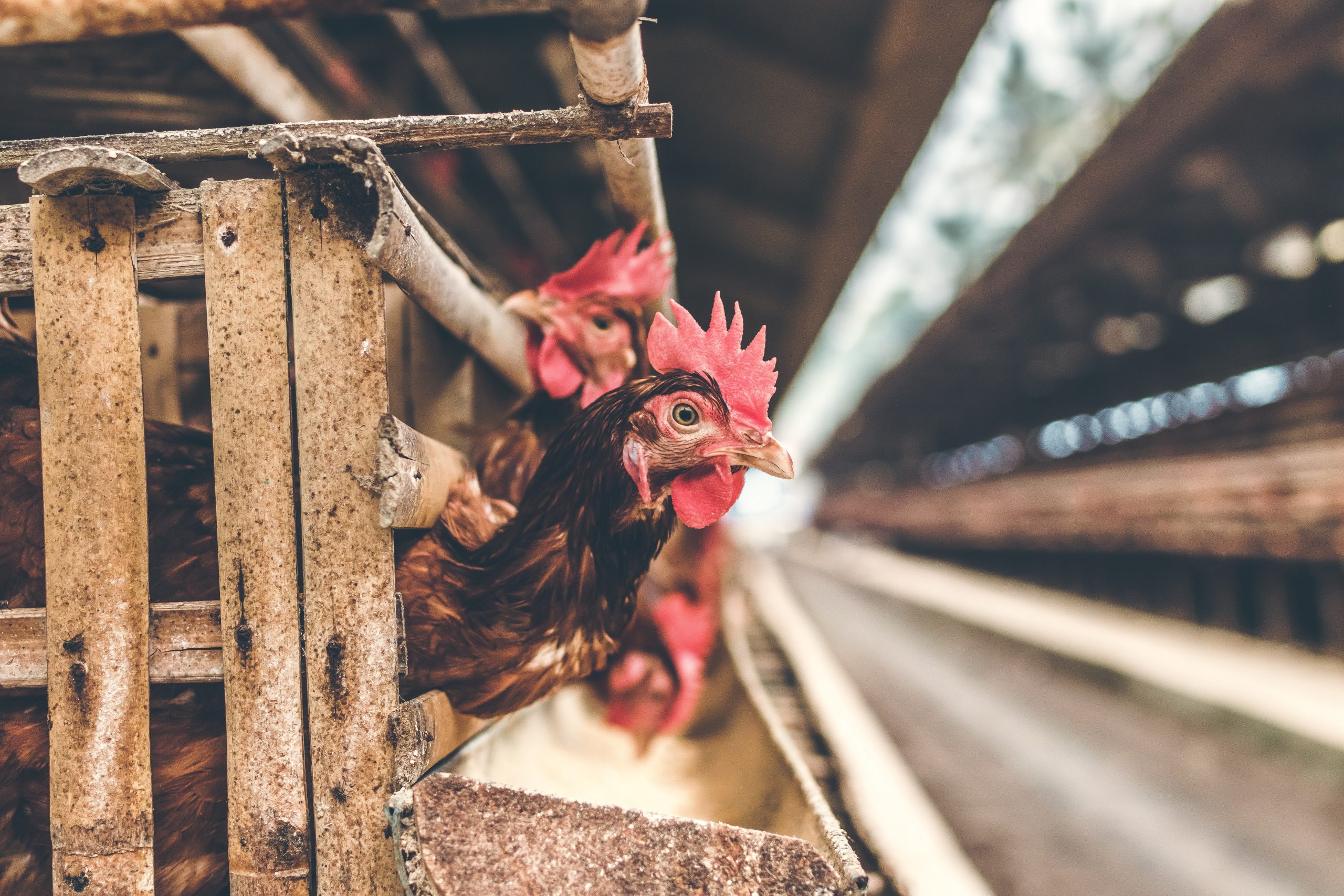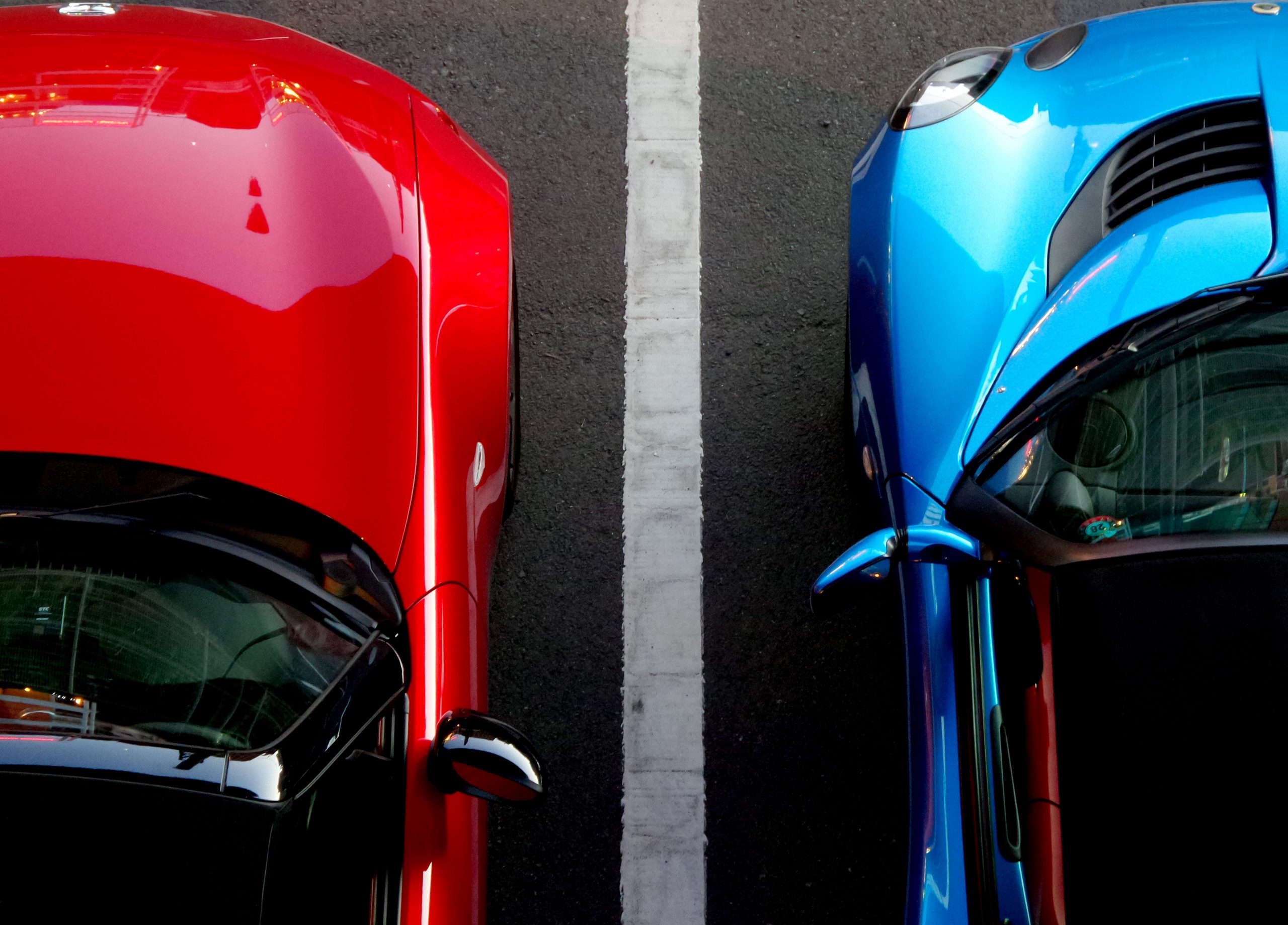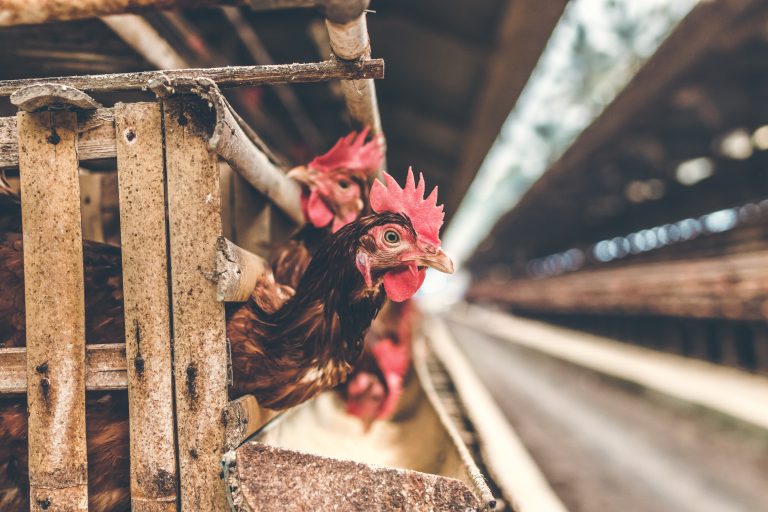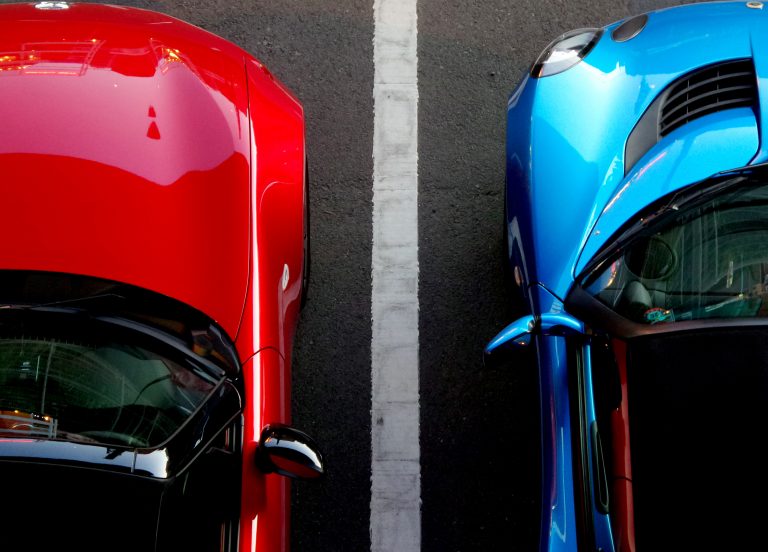BBC News: “Coronavirus: Carmakers Answer Pleas to Make Medical Supplies”
Abstract: In response to desperate calls for help from government officials, doctors, and hospitals around the world, automakers are stepping up to help in the battle to stop the Covid-19 pandemic that has hit nations across the globe. Automakers, with their extensive global supply chains and access to a wide range of materials, together with their teams of design engineers, are uniquely positioned to rapidly design the ventilators and other medical equipment needed to treat patients stricken with Covid-19. Some companies, like Italy’s Fiat which is repurposing a factory in China to produce masks, are working independently. Meanwhile other companies are working in tandem, like Japan’s Nissan and British sportscar phenomenon, McLaren. Even companies that typically make buses, like India’s Mahindra’s group, are joining the fight. While there are questions as to whether the efforts of companies accustomed to producing race cars and buses can successfully make the shift to the medical device sector, and if so, whether global supply chains are as reliable as usual, the world’s automakers remain optimistic.
Notes: The phrase “it takes a village” is often used to describe situations in which many players are needed to solve a problem. Now, though, the phrase may be better stated as “it takes a world.” As the Covid-19 global pandemic continues to disrupt society at every level, government leaders around the world are scrambling to find solutions. Some, like the United States, are now using war time powers to call on companies to help in the effort. One company that is stepping up to help is Fiat, the automaker known for producing fast cars with sleek designs. Fiat is now entering the medical device business and will be using its facilities to produce much needed medical masks. The Italian automaker, part of the Fiat Chrysler Group, is already in the process of converting a factory located in China to produce medical devices. Fiat expects to produce about one million masks a month.
In the United Kingdom, Formula 1 racing teams are also answering the call for help. While the usual focus of Formula 1 is on designing cars for speed and performance, they too are moving into the medical device industry, promising to design ventilators, one of the devices that is critical to the care of many Covid-19 patients. Similarly, Japan’s Nissan is working alongside British sports car maker McLaren to design and produce a ventilator. At the same time, U.S. automakers Ford, GM, and Tesla are all looking to produce ventilators as well, perhaps setting up production in facilities that are currently unused. The quest to find solutions to the shortages of medical supplies is apparent in nearly every continent. Indeed, even India’s Mahindra Group, the world’s largest tractor maker and India’s biggest producer of electric vehicles, is looking for ways to produce ventilators.
As production lines are being converted and repurposed from auto manufacturing to medical device making, and government agencies like the Federal Drug Administration (FDA) are temporarily relaxing medical equipment approval requirements, some are questioning whether the automakers will be successful in their quest to help resolve the global pandemic caused by the novel coronavirus. Although the world’s automakers have only just begun their foray into the new industry, the need for speed is recognized. Indeed, Britain’s Aston Martin, better known for designing the car that James Bond drives than for ventilators, says that its onsite resources and skills will enable the company to move quickly into the medical devices industry. Similarly. according to Formula 1 race teams in the United Kingdom, progress is already being made. Time will tell whether they are right, but for now, it seems that automakers everywhere are united in their efforts to use their global resources to help fight the health crisis that is threatening nearly every country in the world.
Discussion Questions:
1. Following government guidelines, automakers around the world have closed their factories or reduced their production. Now, some of those factories are ramping back up, this time to produce much needed medical devices like ventilators and medical masks. Does it make sense for automakers to design their own medical devices and then adapt their factories to produce them or should existing medical equipment makers be called upon to share their proprietary knowledge and designs, and simply outsource production to the automakers? Does the duplication of effort that will occur if each company designs its own product make sense? Explain.
2. The looming shortage of ventilators, masks, and other products necessary to fight the Covid-19 pandemic highlights the basic economic concept of supply and demand. Governments around the world are now asking automakers and other companies to help resolve the problem. Can the law of supply explain this situation? Why or why not?
3. With their strong engineering teams and extensive global supply chains providing access to materials ranging from batteries to the fabric used on car seats, automakers are seen as one of the best options to quickly close the gap between the supply of medical devices available and the quantity needed to meet the challenges of the Covid-19 pandemic. Yet the pandemic has also disrupted global supply chains and manufacturing operations for many companies. How does the globalization of production provide hope that global automakers will be successful in their efforts, yet at the same time, also create challenges?













